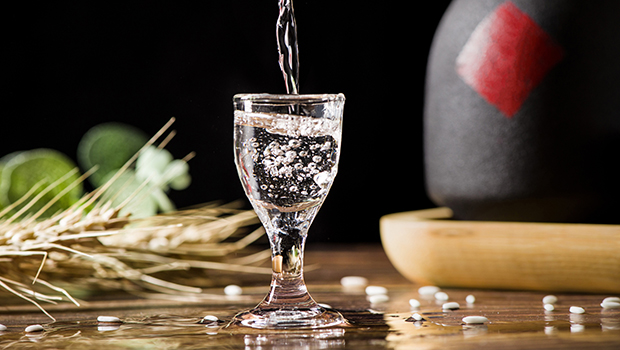Believe it or not, a spirit you might never even have heard of is actually the most popular in the world … well, in terms of volumes sold, anyway, as its mostly localised to China.
We’re talking about baijiu, an often potent and odd-tasting kind of firewater – pronounced “bye joe” – sure to blow your hair back, should you ever get the chance to try it.
So what is this weird stuff, and why is it so hard to find outside of Asia?
Quite literally meaning “white liquor”, baijiu is a general category of spirit distilled from grains such as rice, millet and red sorghum, depending on the region. It has a fairly wide range on the strength front, coming in at anything from a relaxed 35% to an eye-watering 60% ABV.
Baijiu has been around for some 500 years, having come about sometime during the Ming Dynasty of 1368–1644CE, when distillation arrived in China. It’s widely believed that the still was brought into the area by Mongol invaders, who learnt the secrets of distillation after conquering the Middle East, but it may have come via traders.
Either way, the Chinese used the wonderous invention to distil huangjiu, a sort of wine made from fermented grains that was one of the favoured tipples of the time. Indeed, baijiu was initially called shaojiu, or “burnt wine”, which makes perfect sense, distilled products being fierier (or stronger) than the liquids they’re made from.
It doesn’t, however, reflect its flavour, which ranges from a palatable umami profile to a rotting fruit or even downright dung-like funk. While this may sound revolting (and baijiu is certainly an acquired taste), it’s sort of like the rancio taste of some older rums and other spirits, which have a mushroomy or Parmesan-cheese essence to them.
This is all due to the fermentation process, as – although the source grains and production styles vary – baijiu is always made using a complex starter culture called jiuqu (literally “liquor ferment”). While this particular mould is reserved for alcohol, similar starters are used to ferment soy sauce, bean curds and miso, which explains the overlaps in flavour.
According to Hendre’ Barnard – Training and Marketing Manager at distillation school Distillique – it’s this step in baijui’s distillation process that makes it tricky to get in South Africa (or the Western world in general) as we simply don’t have a category for it in our liquor legislation; the enzymes in question are quite literally too foreign for our domestic parameters of either alcohol production or importation.
For liquor geeks and general food enthusiasts, this is what makes baijui even more enticing, but you’ll likely have to travel to China to sample it. It’s usually consumed communally: neat and at room temperature in tiny shot glasses, preceded by heartfelt toasts … and etiquette dictates you don’t stop imbibing until your host does, so prepare to get tipsy.

